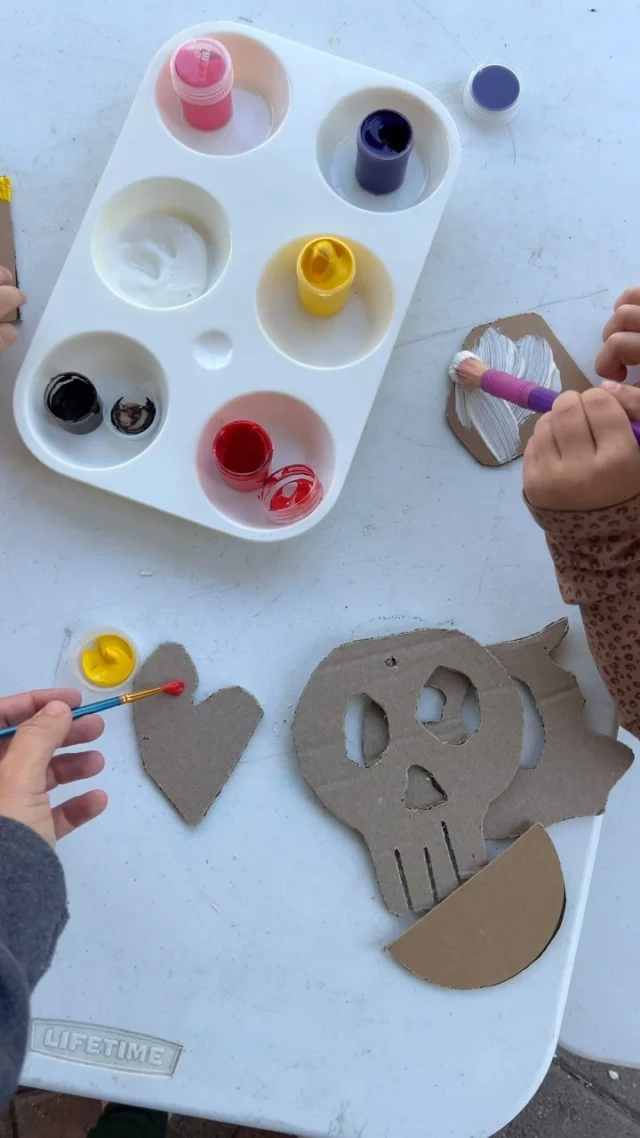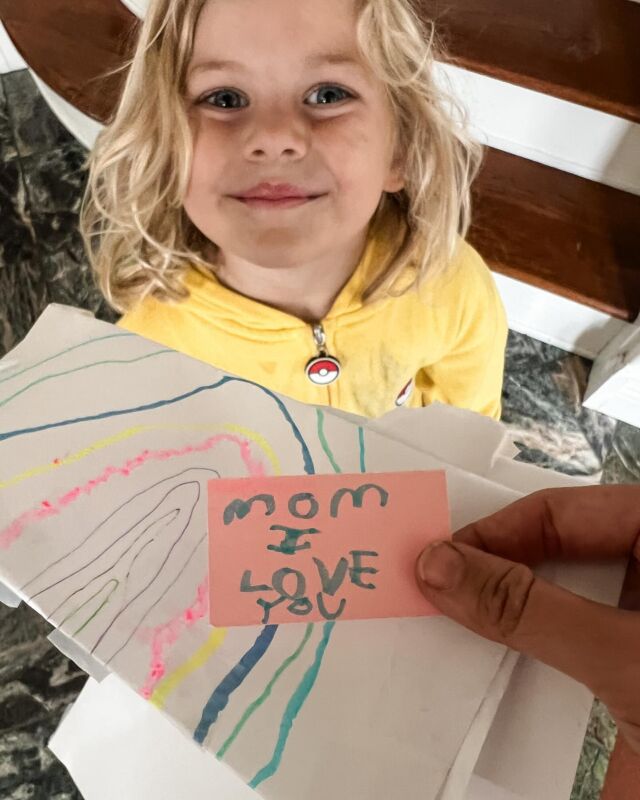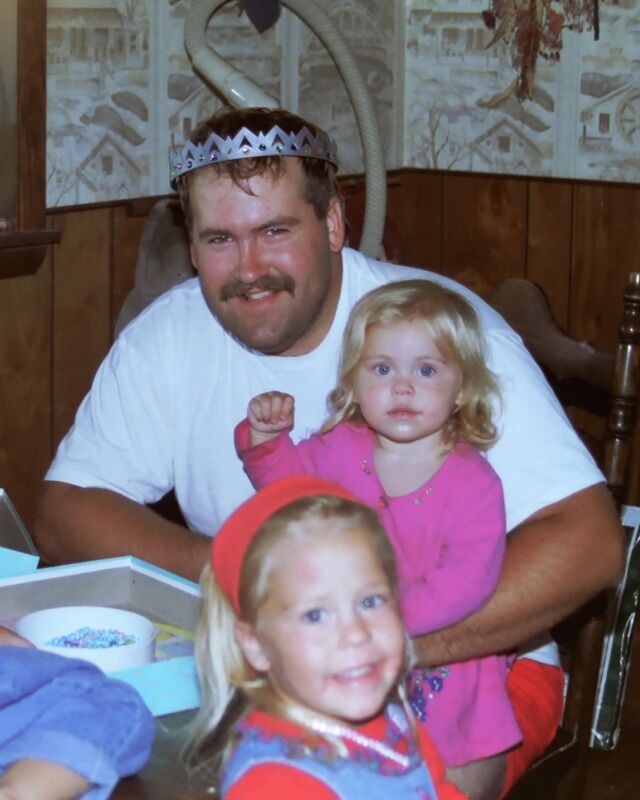I recently bought and read the book, Christlike Parenting, and it was one of those where there are underlines on almost every single page. Below are a few of my favorite parts of the book and what I want to remember from it. I plan on reading this many times in my life but this post will be somewhere I can quickly reference ideas and hopefully inspire you as well!
If changes are in order in your family, the must begin with you, not your children.
As a teenager, I remember a Young Women’s leader telling me to write the word “MEN” on the top of a paper and then write down the qualities I wanted in my future spouse. At the end of our lesson, she had us cross out the N in men so it ended up saying “ME”. I have thought about this simple little experience many times in my life and I think it is just as effective when thinking of what qualities you want to instill in your children. If you want them to have certain qualities, it is much easier to teach them if you possess them yourself.
While I was reading this book, I wrote down the qualities that I want to have as a parent:
- Diligent
- Patient
- Long-suffering
- Non-reviling
- Nurturing
- Nonreactive
- Approachable
- Nonjudgmental
- Counsel
- Gentle
- Kind
- Love / Compassion
- Not easily provoked
- Seeking comfort
- Understanding
- Listener
- Calm / Composed
- Empathetic
- Direct
- In control of your emotions
- Slow to anger
- Unconditional Love
- Upbeat
- Happy
- Hopeful
- Respectful
Phew, what a list. It can seem impossible to be all of these, and I don’t think anyone should expect that, but it’s a great list to have written down somewhere to remind you of the qualities to focus on and be intentional about when living your day to day life.
One part of the book expounds on the idea of parental or “mom guilt” and I loved what he had to say about it. He said to not think of it as guilt but as a disappointment. Because “guilt is a by-product of sin; disappointment is a by-product of a mistake.” When you feel guilt, you end up pitying yourself and feeling stuck. But instead, feel disappointed and know that this is something that can be fixed. Each day is a new day and you can try again tomorrow. Kids are amazing at forgiving our mistakes so why aren’t we as parents?
Positive Parenting
The author of this book also writes a book specifically about positive parenting so you see a lot of this in this Christlike Parenting book as well.
He talks a lot about directing attention away from the negative and toward the positive. This is extremely hard to do but is so worth it!
“When we let things get to us, when we stew in our misery rather than redirect our behavior into healthy paths, we become wroth, our countenance falls, and we do and say mean and ugly things, often to those we love.”
He says, “Create a climate in your home in which positive interactions between you and your children are the rule and far outnumber negative interactions.” I want to live my life this way. I want my kids to remember me as being a positive and happy person who forgives and loves easily.
Be of good cheer and let optimism rise above afflictions.
Importance of Creating a Safe Home for Children
“Consciously create an environment within which children have opportunities to serve and help others, practice empathy and understanding, practice basic social graces, put the needs of others ahead of theirs, exercise restraint and self-control, work hard, and so on.”
I want my home to be a space for my children to feel safe from:
- Criticism
- Sarcasm
- Preaching
- Screaming
- Hitting
- Abuse (in any form)
- Pleadings
- Harping/Nagging
- Scolding
- Punitive Punishment
He says, “Our responsibilities as parents are completely clear: Teach our children what behavior is expected of them, and make certain our children are positively recognized and reinforced for behaving as they have been taught and are expected to behave.”
The key is to refuse to allow the annoying, disruptive behavior of unhappy children to dictate our own mood or course of behavior. Easier said than done. It’s all about acknowledging the child’s appropriate behavior and remaining calm in tense moments when emotions could flare.
“A soft answer turneth away wrath; but grievous words stir up anger”
Proverbs 15:1
Calm & Composed
Remaining calm and composed really stood out to me while reading this book the first time around. I feel I am a pretty calm person but after becoming a parent and currently parenting a toddler, I have found it very hard to keep my composure and I know it will only get harder once she starts talking and able to negotiate and talk back to me.
“Nothing gives one person so much advantage over another as to remain always cool and unruffled under all circumstances.”
Thomas Jefferson
You are not the Bad Guy. The Behavior Is.
When it comes to discipline, this book gives some good advice. He says to use natural and logical consequences and separate yourself as the “bad guy”. The denial of privileges is stated in such a way that the burden for that denial is placed squarely on the child’s shoulders: “you will deny yourself the privilege of the bike for 24 hours” instead of “I’ll take the bike away from you for 24 hours”. The “bad guy” isn’t you. The behavior is the “bad guy”.
“Basic points to remember in any discussion are to stay with your expectations; be empathetic and understanding; be clear about consequences; avoid argument, reason, logic, good sense, appeals, threats, excessive or misdirected questioning, and assure the child he/she is valued and has your unconditional love.”
Children can only learn through natural consequences: lovingly applied earned consequences. To rob children of the lessons to be learned from their own behavior is to rob them of a great blessing.
He mentions if a discussion starts getting too heated, tell them to go to their room and regain their composure. “We can talk about it in the morning.” In a discussion, never get sucked into a debate about what is fair and what isn’t.
Favorite Quotes
Here are a few quotes in the book I just loved.
“Abraham Lincoln was criticized by one of his associates because he went out of his way to make friends of his enemies. His associates asked President Lincoln, ‘Why don’t you destroy your enemies rather than make friends of them?’ To which Lincoln answered, ‘Don’t I destroy my enemies when I make friends of them?'”
“A fool uttereth all his mind: but a wise man keepeth it in.”
Proverbs 29:11
Garden of Eden — A Lesson on Choices and Consequences
One of my favorite analogies or examples the author used was how God was a parent to Adam and Even in the Garden of Eden. He says,
“God instructs Adam and Eve first of the trees that they could partake in. Then he told them what was expected — to not eat from the tree of knowledge of good and evil. Lastly, he clearly stated the earned consequences — that they would surely die. Not ‘I will kill you’ but that their choice would earn them the consequence of mortal life.”
God forbids, but He permits. Children must be taught early that God does not punish people; people punish themselves by how they choose to behave. Let the consequence speak for itself.
“Our Father in heaven’s willingness to allow His children to choose for themselves should be our model for parenting, regardless of how tough it gets when children choose in ways that distress us.”
Be careful that attention is drawn to the character of the behavior, not the character of the child. Love and concern for the child must stand above all else!
Again, bringing it back to the first point in this post, the behavior of the parent is even more important than the behavior of the child. Problem-oriented thinking is not an effective approach to child-rearing. Solution-oriented thinking is.
Collecting baseline data of your Family
As a data-loving person, I loved this section of the book. He says, “Keeping records within the family is not at all unusual. We keep records of earnings, savings, calories, appointments, etc. It is no less reasonable to keep records of our behavior as parents. Instead of just listening, it may be helpful to make a record of what a child says and how they say it. Trends will become apparent and we will also become less inclined to use words like always and never to describe how our children talk to others.”
Building on our Children’s Strengths — Praising
Paul tells us to think about those things which are honest, pure, good report, praiseworthy. So we should especially look for these things in our children, compliment our children for them, and let our minds dwell on them.
This does not mean praising over the top or continually but intermittently or randomly. And it needs to be deserved and given sincerely. Praise casually and briefly, no need to go on and on about it.
It’s easy to slip back into being negative even when things around the house are so much better when we are positive. Leave notes around the house, do whatever you can to keep reminding yourself to always be a Christlike parent, spouse, or person.
“Christlike parenting is a matter of setting our priorities in order. If we seek first to be a Christlike parent, all else will fall into place.”
If you’re looking for more talks or ideas about Christlike parenting, obviously read this book, check out this article from the Ensign in 2019.









